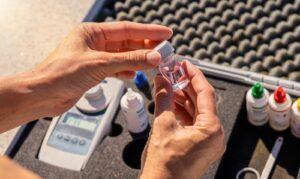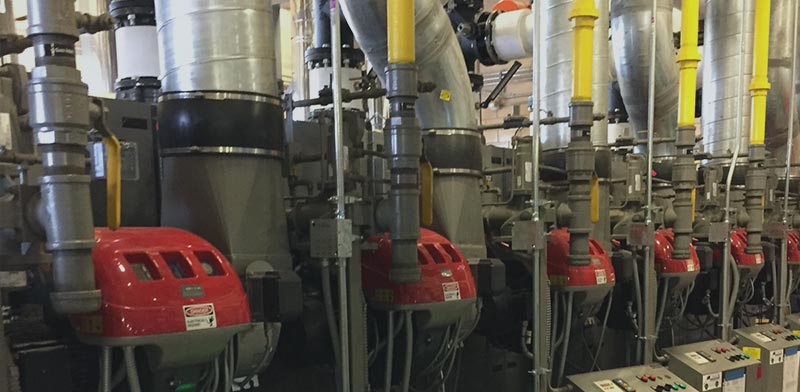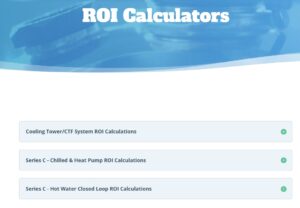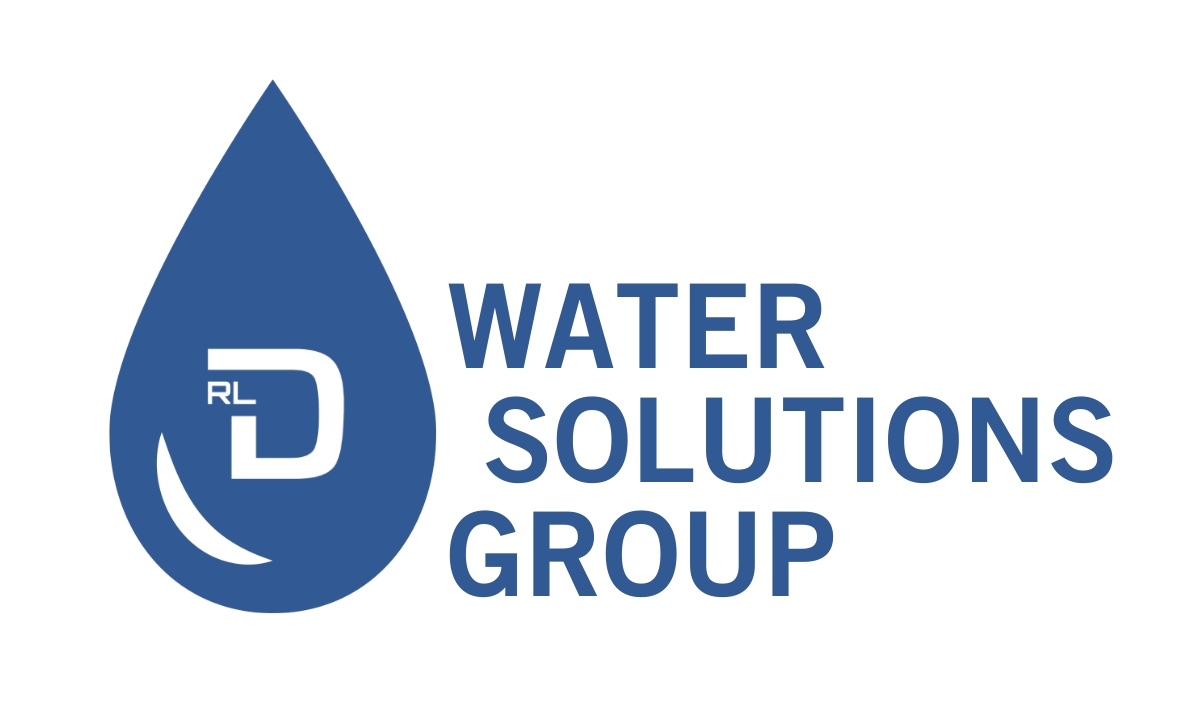 Plumbing and HVAC operating equipment are major investments for any facility. But from the moment they’re installed, these assets can begin to deteriorate for many reasons, including environmental and operating conditions.
Plumbing and HVAC operating equipment are major investments for any facility. But from the moment they’re installed, these assets can begin to deteriorate for many reasons, including environmental and operating conditions.
Have you ever installed a brand-new boiler only to find it fouled or showing signs of corrosion soon after?
Commercial boilers are a major investment and are vital to building operations. With proper maintenance, a correctly installed and well-maintained boiler can last 15-20 years. However, both discolored and clear water may contain dissolved minerals and contaminants that contribute to fouling and corrosion of heating elements.
“Asset protection programs focused on water quality ensure plumbing and HVAC systems function efficiently, are well-maintained, and contribute to the organization’s overall goals. Without monitoring water quality, these important assets can quickly lose their efficiency, reliability, and overall value.”
In every building, it’s important to identify all critical assets and assess their risk of damage or safety concerns for optimal performance and life expectancy. This process should begin before the equipment is even installed.
Key Steps to Protect your Investment
- Incorporate water quality testing during the design phase to help reveal the water conditions that may affect the performance of water systems such as boilers, pumps, and valves.
- Routine testing is also essential to monitor ongoing water management efforts and to validate the effectiveness of any treatment method that has been used.
- Always review manufacturer’s water quality guidelines to understand acceptable limits to protect equipment.
- Be sure to also identify key maintenance activities — such as cleaning, flushing, and component replacements — that should be completed on a regular basis.
Benefits of Proper Water Treatment
Proper water treatment offers numerous benefits for protecting plumbing and HVAC systems. High-quality, clean water helps equipment to operate more efficiently, reducing energy consumption and minimizing maintenance needs. Regardless of the system, identifying and mitigating hazardous conditions that can cause premature failure is essential. Scale buildup, for example, reduces heat transfer efficiency, resulting in greater energy consumption and pipe blockages. Corrosion of metal components can cause leaks, structural damage, and provide nutrients for bacteria growth. Water treatment strategies that prevent scale and corrosion are essential to extending the life of valuable mechanical systems.
minimizing maintenance needs. Regardless of the system, identifying and mitigating hazardous conditions that can cause premature failure is essential. Scale buildup, for example, reduces heat transfer efficiency, resulting in greater energy consumption and pipe blockages. Corrosion of metal components can cause leaks, structural damage, and provide nutrients for bacteria growth. Water treatment strategies that prevent scale and corrosion are essential to extending the life of valuable mechanical systems.
Consider Your Return on Investment
Depending on the type of treatment used, it’s also important to factor in the return on investment (ROI) as part of the overall asset management strategy. ROI calculators can help quantify savings related to chemicals, water, and energy usage.
Many facilities rely on a combination of chemical treatment and physical treatments — such as filtration or softening — to improve water quality. However, as discussed, in our previous article, The Unintended Consequences of Chemical Treatment (such as overdosing or increased corrosion) can reduce the lifespan of plumbing and HVAC equipment if not properly managed. Reducing dependence on chemicals not only cuts costs in the short term, but it can also improve long-term ROI by extending equipment life and improving system performance.
EasyWater provides of innovative chemical-free water treatment solutions, such as the CTF System Cooling Tower Treatment and the Series C Closed Loop Treatment. Their easy-to-use ROI calculators, available here, show the significant improvement in your return on investment when choosing treatments that minimize chemicals and save both water and energy.
A strong Water Management Program takes all these factors into account and helps owners implement the right solution for their system. The Water Solutions Group helps end users and engineers to develop strong Water Management Programs that protect the equipment, operations, occupants, and the environment. Contact a knowledgeable member of our team today to see how improved water quality can benefit you and your customers.
Water Solutions Group offers innovative water quality solutions.
Water Solutions Group is a separate division of the R.L. Deppmann Company created to provide end users and engineers with a valuable resource in efforts to improve water quality. Proper water quality management protects the equipment, operations, occupants, and environment. Water quality should be considered at the time of design to ensure safe and efficient operating systems. Our intimate knowledge of water systems positions Water Solutions Group to be the ideal partner when evaluating operational issues that may arise because of poor water quality.


